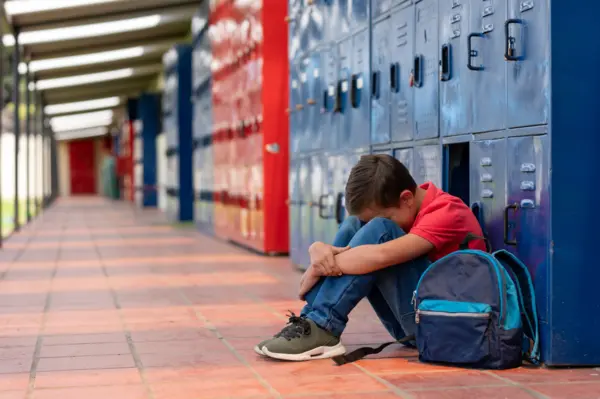Inclusive School Environment Strategies to Enhance Student Life

Creating an inclusive school environment is essential for fostering respect and support among students. Strategies include cultivating cultural competence, implementing inclusive language, promoting a sense of belonging, and addressing bullying. Engaging with families and the community, measuring success, and consistently improving practices contribute to an educational landscape where every student can thrive.
Work-Life Balance for Educational Leaders

Educational leaders face challenges in achieving work-life balance due to their significant responsibilities. This guide outlines strategies such as time management, delegation, crisis management, and self-care practices. Prioritizing mental and physical health, establishing boundaries, and building support networks can enhance leadership effectiveness while fostering a positive school environment.
Promoting Civil Discourse in Your School Before Elections

As elections approach, schools can teach democracy and respectful dialogue through strategies like creating “Civil Discourse Zones,” perspective-taking challenges, and “Facts vs. Opinion” workshops. These initiatives foster constructive political discussions and encourage students to respect diverse viewpoints, enhancing their ability to engage in civil discourse for future democratic participation.
Crisis Management for Schools – 14 Essential Strategies

Crisis management in schools is essential for safeguarding students and staff against emergencies. This guide outlines 14 strategies, including developing a crisis plan, forming a management team, conducting drills, enhancing security, and prioritizing mental health support. Continuous evaluation and community partnerships are crucial for effective response and maintaining a safe educational environment.
Building Resilience for Student Life Professionals

Student life professionals in secondary schools face daily challenges requiring resilience. The article provides 15 strategies to build resilience, including cultivating self-awareness, setting boundaries, developing support networks, practicing mindfulness, celebrating small wins, and maintaining a sense of purpose. These tactics enhance professional effectiveness and benefit students by modeling life skills.
Building Parent-Teacher Partnerships to Boost Student Success

The article emphasizes the critical role of parent-teacher partnerships in student success. It explores various strategies and techniques to foster these relationships, such as personalized communication, cultivating a culture of philanthropy, collaborative goal-setting, overcoming challenges, leveraging technology, and empowering parents as learning partners. The ultimate goal is to create supportive educational environments for students.
Legal Considerations for Student Life Professionals

“Student life professionals in secondary schools have significant legal responsibilities. Key areas include student rights, safety, privacy, inclusion, anti-discrimination, technology use, extracurricular liability, and mental health. Regular legal education, collaboration with school leadership, and proactive risk management are essential to protect students, staff, and the institution while fostering a safe and inclusive environment.”
Nurturing Civil Discourse During Elections: A Guide for Educators

Educators play a crucial role in fostering civil discourse during elections to strengthen democracy. This guide emphasizes creating respectful dialogue in classrooms and among colleagues, teaching emotional intelligence, and combating misinformation. By nurturing respectful discussions, educators help shape engaged and civil future citizens, impacting the broader political climate positively.
How to Enhance Student Life through Inclusivity and Engagement

In diverse secondary education environments, fostering inclusivity and engagement is key to enhancing student life. Effective strategies include diverse extracurricular activities, inclusive leadership opportunities, mental health programs, community service, leveraging technology, and peer mentorships. These initiatives ensure students feel valued and connected, promoting overall academic, social, and emotional success.
Mastering the Middle to High School Transition

The transition from middle to high school is pivotal and challenging for students, requiring comprehensive support from educators, parents, and administrators. Key strategies include creating a supportive environment, enhancing academic preparedness, prioritizing social and emotional well-being, involving parents, and focusing on future readiness. A cohesive effort ensures students’ success.

